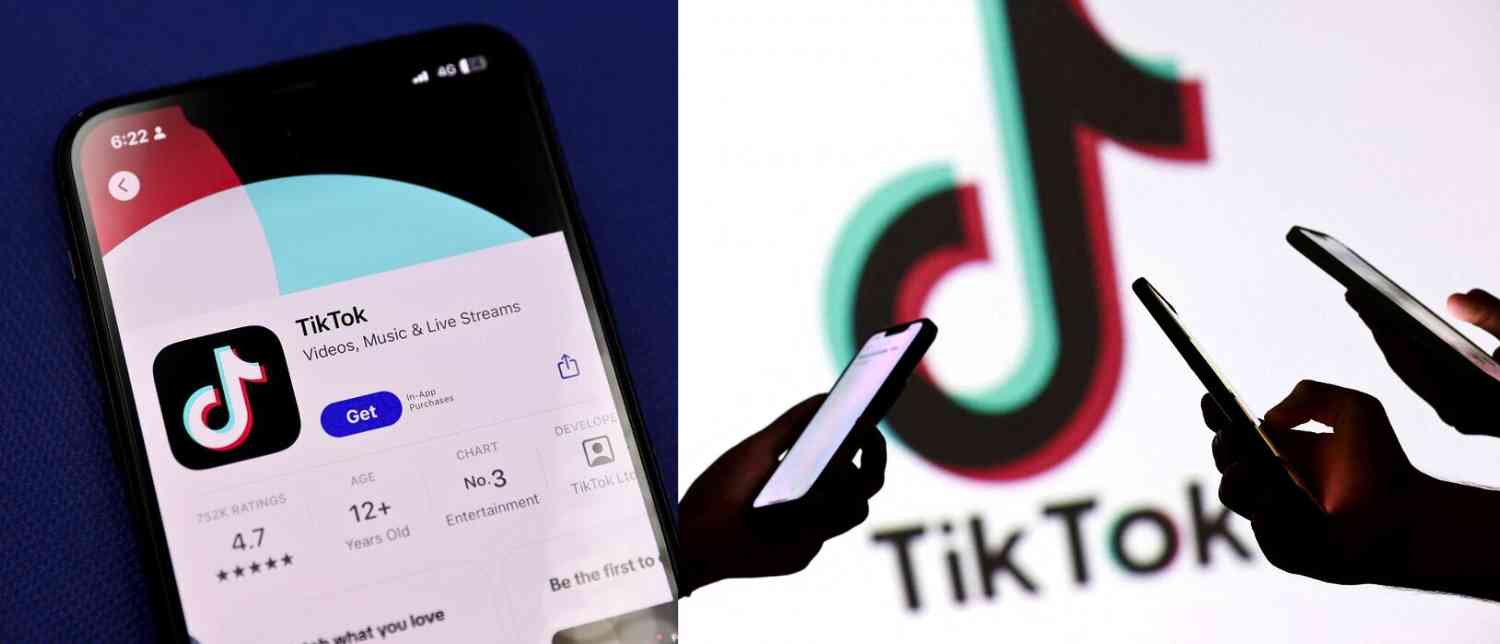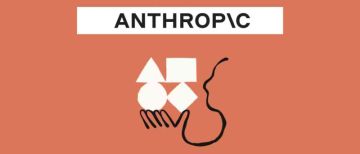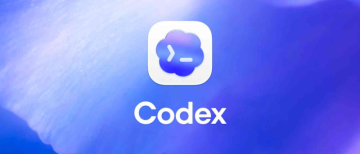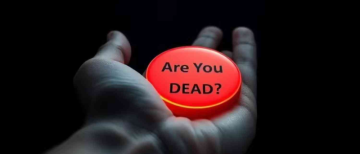Starting December 10, 2025, Australia will enforce one of the world's strictest social media laws that ban children under the age of 16 from accessing major social media platforms such as Facebook, Instagram (owned by Meta), and TikTok. This landmark legislation requires companies to take "reasonable steps" to identify and block users under 16 or face heavy fines up to AUD 49.5 million (approximately USD 32.5 million). Both Meta and TikTok, along with Snap, have announced they will comply with this law despite expressing concerns about its effectiveness and complexity.
_1761641021.jpg)
The companies' representatives acknowledged that while they disagree with the ban and worry it may push young users towards less-regulated parts of the internet, they must comply with the law. Meta plans to contact about 450,000 accounts of underage users on Instagram and Facebook in Australia, offering them the option to delete their data or retain it until they reach 16. TikTok estimates around 200,000 such accounts and Snap about 440,000. These platforms intend to use automated behavior analysis to detect if an account holder claiming to be over 16 might actually be younger, and deactivate accounts accordingly.
From a broader perspective, this Australian social media ban is seen as an ambitious step towards protecting young people’s mental health and privacy online. Supporters, including government officials, argue that the ban helps safeguard children from harmful content and addictive social media use, giving them more opportunity for a balanced childhood disconnected from social media pressures. Labor Member for Maribyrnong Jo Briskey said the ban would "protect" young people and provide a chance to focus on their childhood outside the digital world.
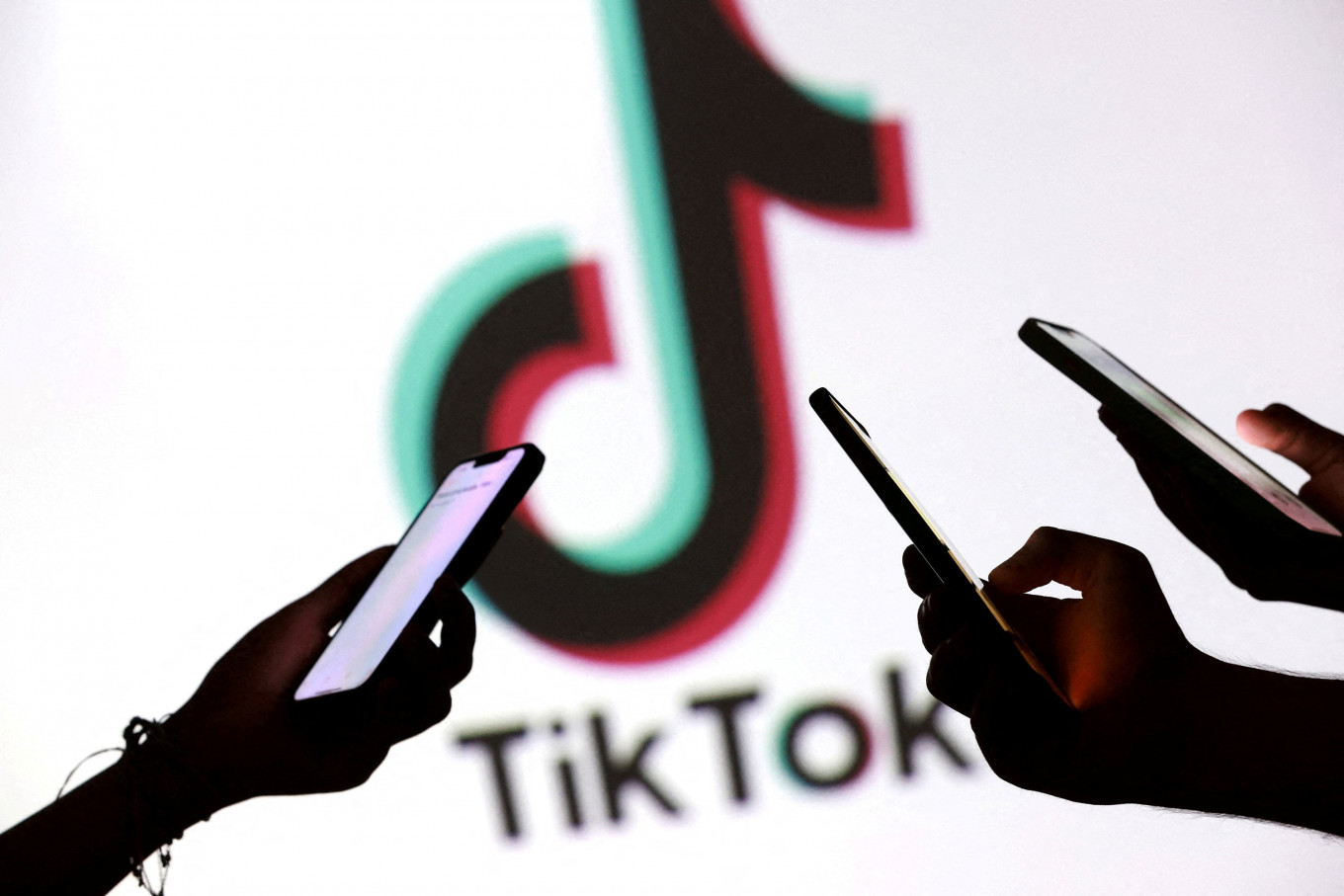
However, critics, including the social media companies, question whether the ban will achieve its intended goals. They warn that blocking under-16 users might not make them safer but could lead them to unmoderated and potentially more dangerous corners of the internet. Some argue that the law's enforcement challenges and "blunt" age restriction might limit healthy social connections among teenagers, especially those who rely on social media for support. For example, teens with disabilities expressed concerns that social media is their main means to connect with friends and communities, and a ban could isolate them.
The law represents a significant case study in balancing online safety with digital freedom. It reflects a growing global focus on protecting children's mental health amid rising awareness of social media's risks. How this ban will unfold practically and what impact it will have on young Australians' social habits remains to be seen, but the law signals a new, assertive approach to online regulation.
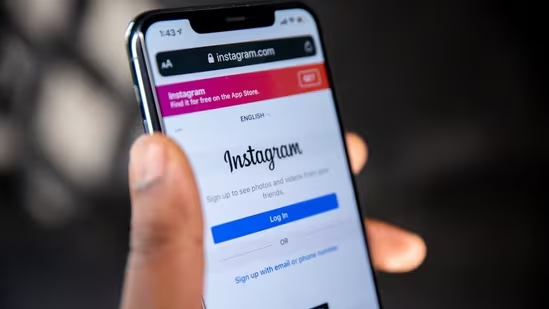
In conclusion, while Meta, TikTok, and other platforms will follow Australia's under-16 social media ban, the debate about the best way to protect youth online is ongoing. The law prioritizes safety and mental health but raises questions about feasibility and unintended consequences, highlighting the complex nature of regulating young people's digital lives in a connected world.
With inputs from agencies
Image Source: Multiple agencies
© Copyright 2025. All Rights Reserved. Powered by Vygr Media.

